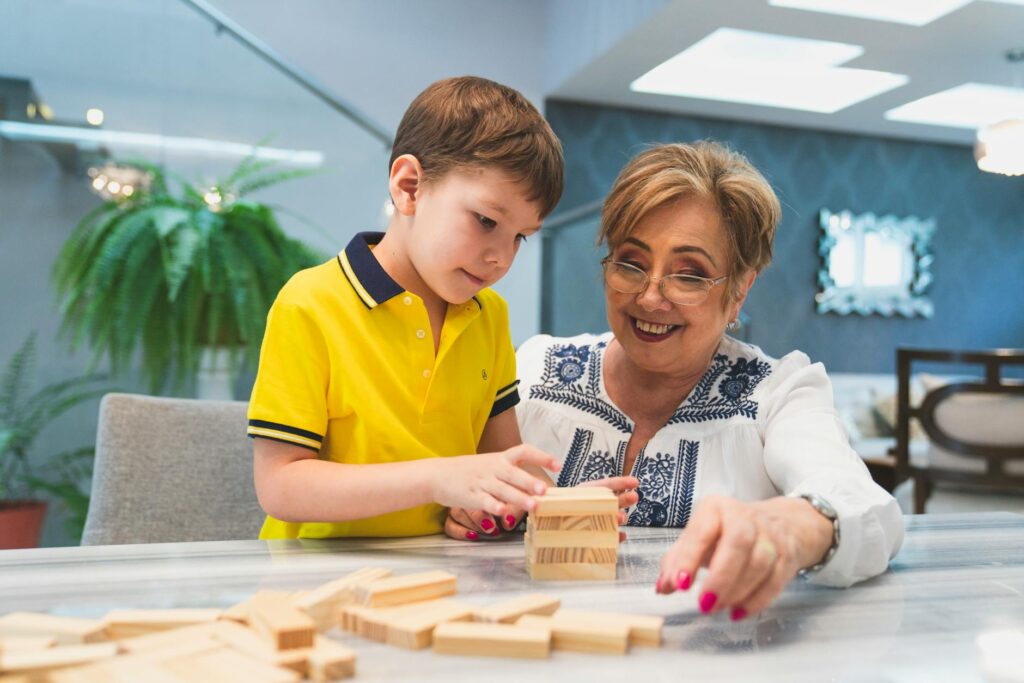What is social skills development?

What is social skills development?
Social skills development refers to the process of acquiring and enhancing the skills needed to effectively communicate, interact, and build relationships with others. These skills are essential in personal and professional life, helping us navigate social situations, foster connections, and succeed in various environments. The importance of social skills cannot be overstated; they are foundational to establishing rapport, resolving conflicts, and collaborating effectively in teams.
Understanding Social Skills Development
Social skills development encompasses a range of competencies that facilitate interaction and engagement with others. It involves learning how to express oneself appropriately, interpret non-verbal cues, and respond to social situations with confidence and empathy. This development is not just vital for children; it continues to be important throughout adulthood, influencing our personal relationships and workplace dynamics.
What Are Social Skills?
Social skills include a variety of abilities, such as:
- Verbal Communication: The ability to articulate thoughts clearly and effectively.
- Non-Verbal Communication: Understanding body language, gestures, and facial expressions that convey messages.
- Empathy: The capacity to understand and share the feelings of others, fostering deeper connections.
- Active Listening: Fully concentrating on what others are saying, showing genuine interest.
- Conflict Resolution: The ability to navigate and resolve disagreements constructively.
For a deeper understanding of these skills, you can explore more about essential social skills.
Why Is Social Skills Development Important?
The benefits of social skills development are profound and multifaceted. Here’s why honing these skills is crucial:
- Personal Relationships: Strong social skills contribute to building lasting friendships and romantic partnerships. They help in expressing thoughts and feelings, which fosters understanding and intimacy.
- Workplace Success: Effective communication and collaboration are imperative in professional settings. Skills like conflict resolution and teamwork can lead to better job performance and career advancement. This article on the importance of social skills provides further insights.
- Mental Well-Being: Developing social skills can improve self-esteem and reduce anxiety. When you feel confident in social interactions, it can lead to a greater sense of belonging and happiness.

Photo by Los Muertos Crew
Key Components of Social Skills Development
Several core elements contribute to the successful development of social skills:
Self-Awareness and Emotional Intelligence
Understanding your own emotions and reactions is the first step in improving social interactions. When you’re aware of your feelings, you can manage them better, express them appropriately, and respond empathetically to others. Emotional intelligence plays a critical role in recognizing how your behavior affects those around you.
Practice and Feedback
Social skills, like any other skills, require practice. Engaging in real-life scenarios helps reinforce what you’ve learned. Constructive feedback from peers, mentors, or friends is invaluable as it provides insights into areas for improvement.
Strategies for Effective Social Skills Development
Improving social skills is a continuous journey that can be enhanced through various strategies:
Engaging in Social Situations
Participating in group activities, clubs, or workshops can provide opportunities to practice social skills in a supportive environment. These settings allow you to interact with diverse individuals, helping you learn adaptability in conversations.
Role-Playing and Simulation Exercises
Role-playing scenarios can prepare you for real-life interactions. Whether rehearsing a job interview or a difficult conversation with a friend, these exercises build confidence and improve your ability to handle similar situations when they arise.
Challenges in Social Skills Development
Despite the benefits, many individuals face obstacles when developing social skills:
Social Anxiety and Fear of Judgment
For some, social anxiety can be a significant barrier. The fear of being judged or embarrassed can hinder social interactions and lead to avoidance of social situations altogether. Recognizing that you’re not alone in these feelings is the first step to overcoming them.
Overcoming Barriers
To tackle emotional and situational barriers, consider these tips:
- Gradual Exposure: Start with small social interactions. Gradually increase the complexity of the situations you engage in.
- Cognitive Behavioral Strategies: Challenge negative thoughts that fuel anxiety. For instance, remind yourself that everyone makes mistakes, and it’s part of learning.
For more strategies on overcoming social anxiety, check out this helpful guide on how to overcome social anxiety.
Conclusion
In summary, social skills development is an ongoing aspect of personal growth that significantly impacts our lives. By understanding the components of social skills, employing effective strategies, and acknowledging potential challenges, we can continually enhance our interactions. Embrace the journey of social skills development, as it enriches not only your relationships but also your overall quality of life. Remember, the more you practice and engage with others, the more proficient you will become in navigating the social landscape.